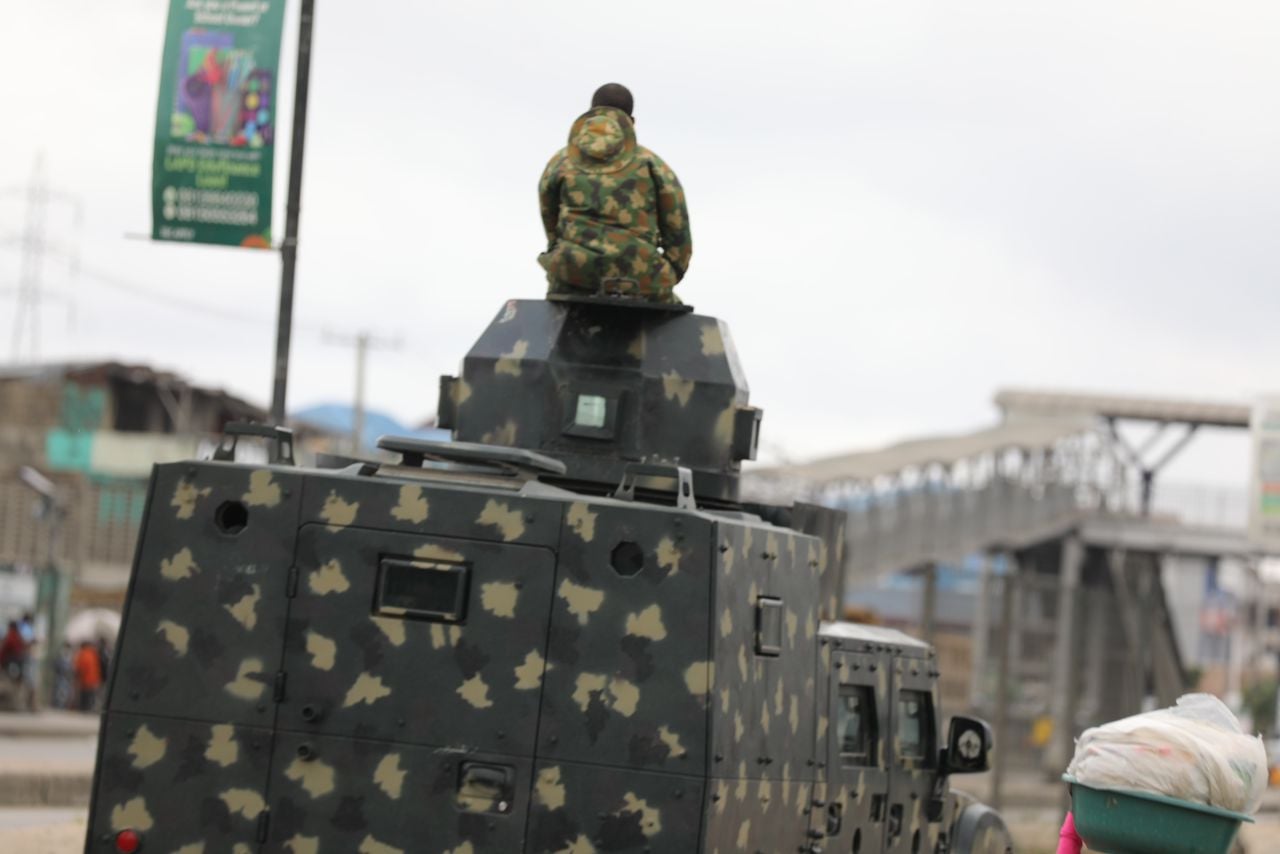My first encounter with the Federal Highway Patrol was during the period I was a student at Federal Government College, Ugwolawo, in Kogi state, in the early 90s. I vividly recall the 12-hour journey from Lagos to Ugwolawo, where my father would meticulously select a vehicle, inspect the tyres, and exchange warm greetings with the drivers at the popular Iddo motor park in our dialect before seeing me off. As a young lad travelling unaccompanied, I formed the habit of taking notes of towns and villages to track my journey’s progress.
The Federal Highway Patrol team, with their distinctive black berets and crisp white accents, was a constant presence along the route. Though I didn’t know their mission, I recognised them as policemen. Cars would halt for scrutiny and questioning, with some proceeding while others were asked to pull over for whatever reason beyond my innocent imagination. One memorable instance stands out – a friendly wave and warm wish for a safe journey from a policeman left an indelible mark on my memory.
In recent times, I’ve often found myself reminiscing about those policemen who were a part of my journeys to school and wondering what happened to them. The memories of an era when my father wouldn’t panic when I travelled 12 hours unaccompanied are indeed instructive. Kidnappings and highway robberies were rare, and motorists could travel without the constant fear that grips us today. The stark contrast between then and now is a jarring reminder of the need for renewed efforts to restore the security and safety of our highways, and reclaim the sense of freedom and peace that once accompanied travel across the country. The nostalgia for a bygone era is palpable.
From my research, the Federal Highway Patrol still exists within the Nigerian Police Force, albeit in name only. I understand it has undergone structural changes by successive administrations. Yet, its effectiveness has been significantly impacted, and this missed opportunity haunts us. A press release I stumbled upon during my research left me astonished. The then-Inspector General of Police, IGP Ibrahim K. Idris had ordered the dismantling of all roadblocks nationwide, citing the need to facilitate business operations and ensure the free passage of goods and travellers. In my opinion, the reasoning behind this move was not far-reaching, and its impact on road safety and security has been profoundly felt, as evidenced by the alarming surge in armed robberies and kidnappings on our highways.
Advertisement
The surge in kidnappings on Nigerian highways starkly highlights the consequences of a less effective Federal Highway Patrol regime, which created a security vacuum. A more effective approach would have been to reform the unit, tackling corruption and ensuring accountability rather than discarding a functional system. This missed opportunity has left the country grappling with the current security challenges, underscoring the importance of re-examining and revitalising existing initiatives to restore safety and security on our highways.
I find it perplexing to see military personnel stationed at strategic points on highways. This stark anomaly raises fundamental questions about the military’s role in internal security and how we reached this point. How did the military become involved in securing our roads, a responsibility typically reserved for law enforcement agencies? The military is not trained to enforce laws or community policing. They are trained for combat. So, having military personnel with such training on our highways is in itself a security concern. This is one aspect we have not taken into cognisance. There would be blurred lines as military and law enforcement roles become unclear. This development underscores the gravity of the country’s insecurity, leaving me to wonder if this is a sustainable solution.
Securing highways with military personnel is not a sustainable solution. This approach should be gradually phased out, making way for more effective and specialised strategies. Alternative methods, such as intelligence-led policing, community engagement, and enhanced highway patrol units, can provide a more robust and efficient approach to securing our highways. The South African model, specifically the Visible Policing division, which includes the Highway Patrol unit, is a notable example of a successful approach. By leveraging advanced technology and intelligence-led policing, this unit effectively combats crime while fostering trust and cooperation with local communities, ultimately creating a safer and more secure highway environment.
Advertisement
Kenya’s approach to highway security offers another valuable example of innovative strategies for safer highways. The Kenyan National Police Service has implemented initiatives like drone surveillance, camera monitoring, and intelligent transportation systems to improve highway security. This approach has led to a 40% decrease in highway robberies and a 35% reduction in kidnappings over a period of 5 years (2018-2023). Prior to these initiatives, Kenya’s highway insecurity ratio was 1 in 5 travellers experiencing some form of crime, but with these efforts, the ratio has improved to 1 in 12. There are obvious lessons to learn from the Kenyan example, including the importance of leveraging technology, community engagement, and data-driven decision-making to create safer highways.
Building on the lessons learned from these examples, we can explore both long-term solutions and immediate fixes to address highway security concerns in Nigeria. A reconstituted federal highway patrol, equipped with modern tools like cameras, can significantly boost highway security by streamlining incident response and fostering stronger partnerships with local law enforcement agencies. Furthermore, strategically placed emergency call boxes, spaced 1-2 kilometres apart, can provide motorists and residents with a rapid and reliable means to report incidents, enhancing response time and overall safety on our highways.
To effectively address highway security concerns, we must move beyond the current reliance on the deployment of military personnel on our highways. Instead, the focus should be on practical and long-term solutions. Reintroducing the federal highway patrol regime, deploying strategically placed emergency call boxes, and implementing community-led initiatives can help ensure safer highways. By adopting a multifaceted approach that prioritises tangible actions over temporary fixes, we can create a more secure environment for travellers and pave the way for safer highways in Nigeria. We must be very intentional about securing our highways. This challenge should not be treated with kid gloves; a firm and proactive stance is necessary to protect lives and livelihoods.
Ocheja, a scholar, specialises in the intricate military histories of Nigeria and Africa.
Advertisement
Views expressed by contributors are strictly personal and not of TheCable.



